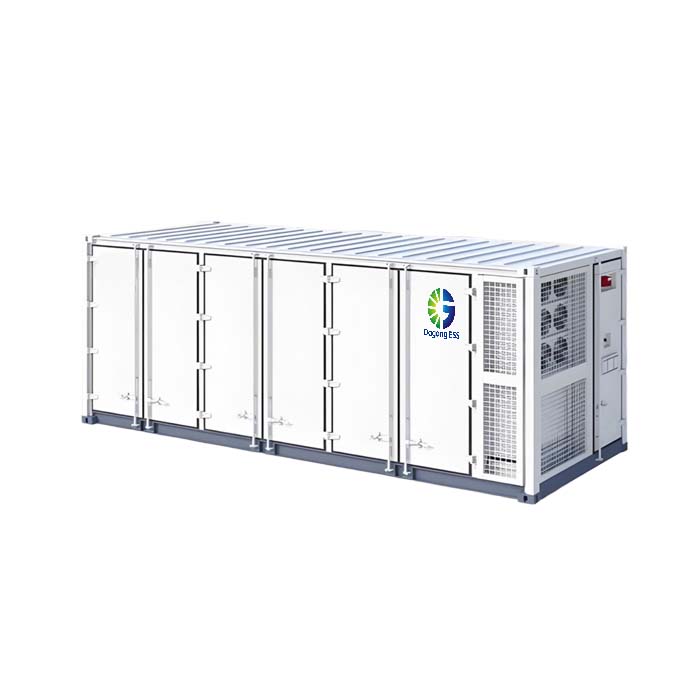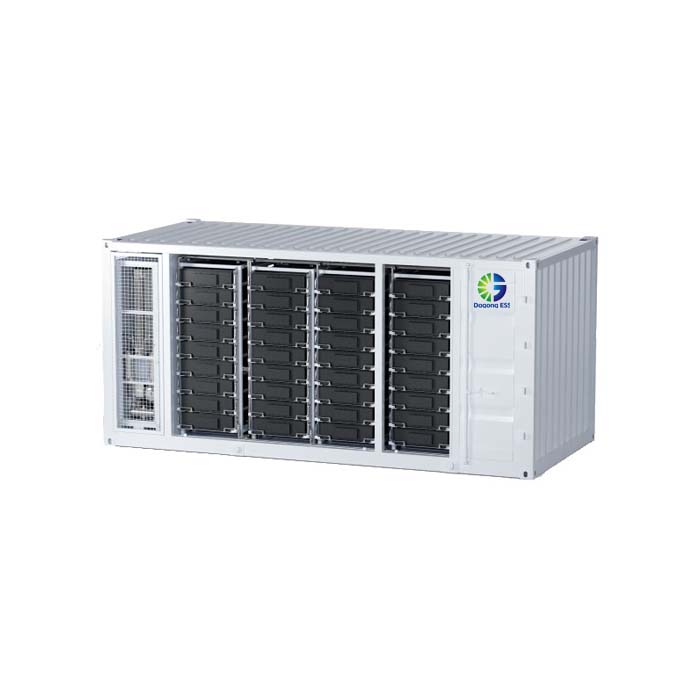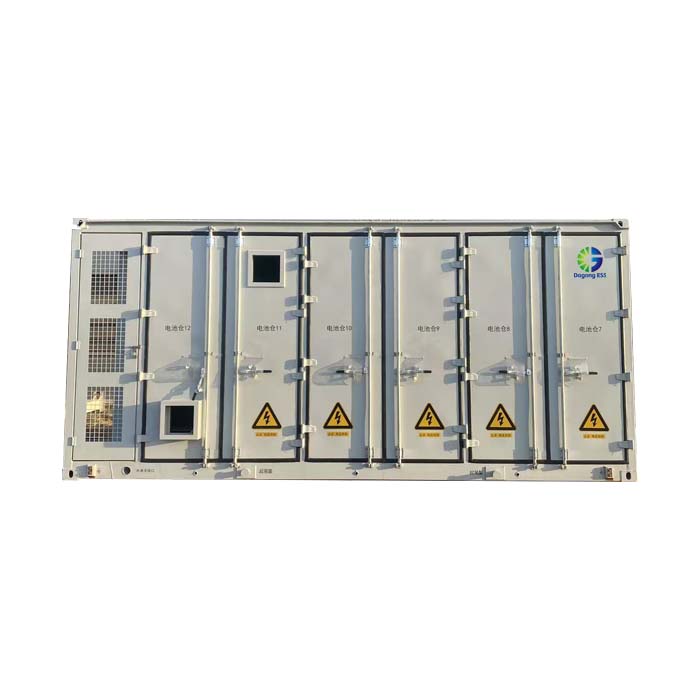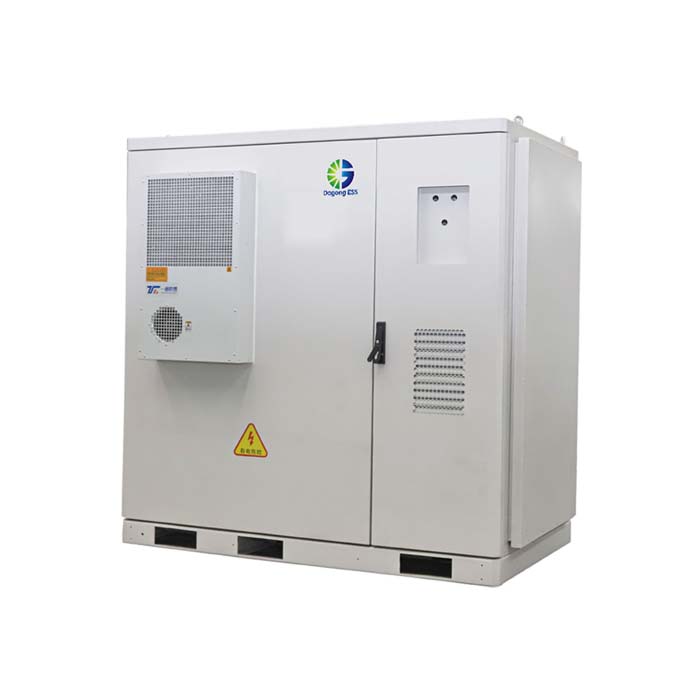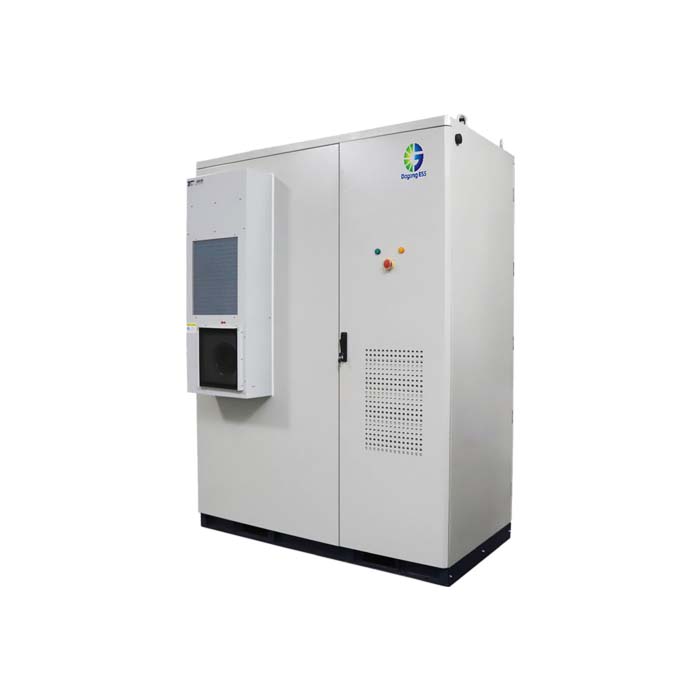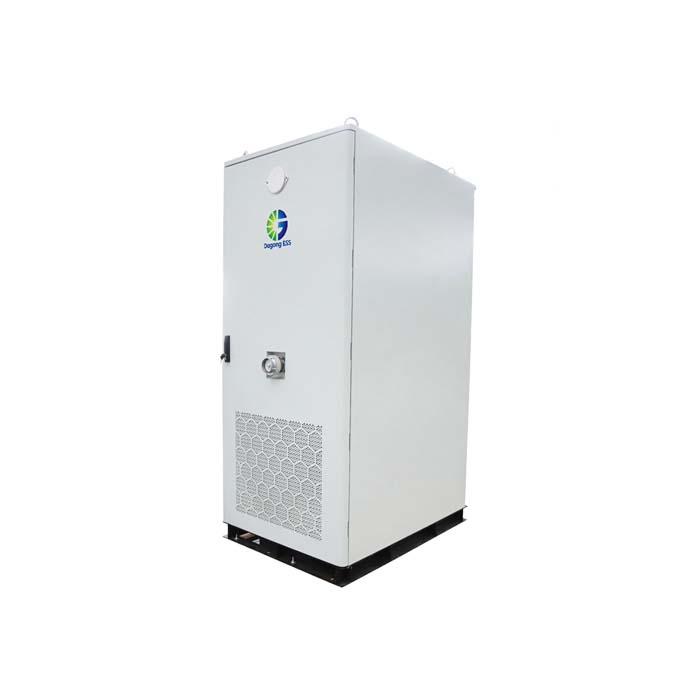BMS in Energy Storage Systems: Types, Features, Cost, and Selection Guide
What is BMS in ESS?
A Battery Management System (BMS) is the 'brain' of a lithium battery energy storage system (ESS). It monitors and controls key parameters such as cell voltage, current, temperature, SOC (State of Charge), and SOH (State of Health). A BMS protects the battery from overcharge, over-discharge, overheating, and short circuits, ensuring long-term safety and performance.
Types of BMS
Centralized BMS – All data collected and controlled in a central unit.
Distributed BMS – Combines central and local controllers.
Modular BMS – Scalable design for flexible energy storage configurations.
Master-Slave BMS – Master unit manages multiple slave controllers in parallel.
Features of BMS
Real-time monitoring of voltage, current, and temperature
SOC/SOH estimation
Cell balancing (passive/active)
Fault detection and alarm functions
Communication: CAN, RS485, Modbus, Ethernet
Data logging and remote diagnostics
Applications of BMS
Residential ESS: Enhances battery safety and monitoring
Commercial & Industrial ESS: Enables fault detection, lifespan prediction
Utility-Scale Systems: Supports thousands of battery cells safely
Electric Vehicles (EVs): Ensures safe operation under dynamic loads
Telecom and UPS: Maintains battery backup reliability
Price of BMS
The cost of a BMS varies depending on system voltage, number of battery cells, communication functions, and balancing method:
Low-voltage BMS (12V–48V): $30–$150
High-voltage BMS (100V–1500V): $200–$1000+
Custom protocols, redundancy design, and integration with EMS will increase costs.
How to Select BMS for Your Project?
Match the voltage and number of cells in your battery pack
Choose suitable balancing (active for precision, passive for cost-saving)
Confirm communication compatibility with PCS and EMS
Evaluate environmental operating range
Consider certifications: CE, UL, UN38.3
How Long Does BMS Last?
A quality BMS typically lasts 8–15 years, depending on operating conditions and protection grade. Reliable firmware updates and proper thermal management will prolong service life.
The Supplier of BMS
Dagong ESS provides advanced energy storage systems with high-performance BMS solutions. Their systems support centralized and modular BMS architecture, full-cycle protection, and remote fault diagnosis. With global certifications and customizable communication protocols, Dagong ESS ensures seamless integration and safe operation across residential, C&I, and utility-grade applications.
We support OEM/ODM customization and large-scale supply for system integrators and energy solution providers.
Email: sales@dagongess.com
Website: www.dagongess.com


